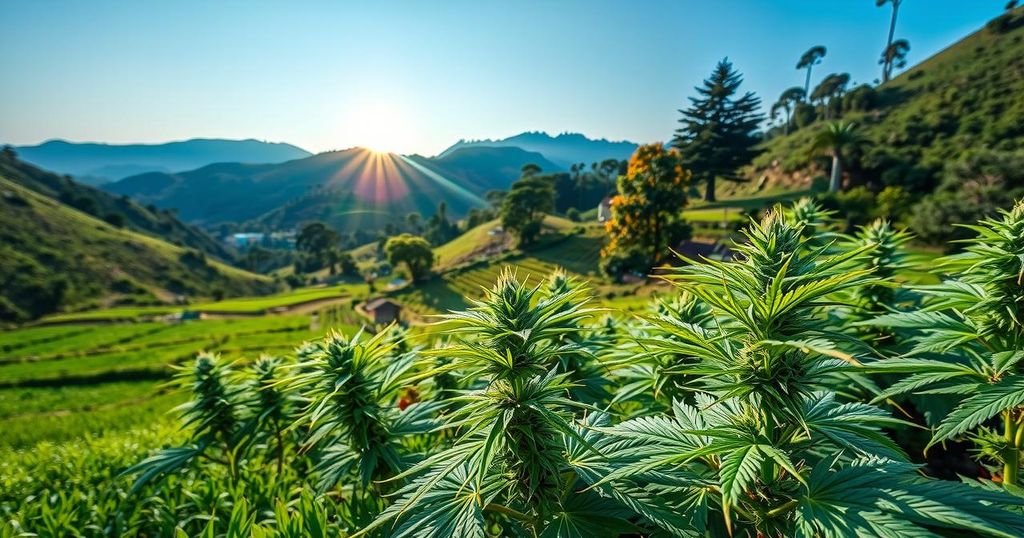Thailand’s Changing Cannabis Rules Leave Farmers in a Tough Spot
- Thailand’s cannabis decriminalization sparked economic transformation.
- Over 10,000 dispensaries have opened in Thailand since 2022.
- Northern farmers face uncertainty due to new cannabis regulations.
- New laws may require dispensaries to have doctors on-site.
- Hmong farmers worry about reverting to less profitable crops.
Emergence of Cannabis Industry Transforms Rural Economies
In June 2022, Thailand made waves by becoming the first Southeast Asian country to decriminalize cannabis. This historic move launched a major transformation in its economy as an influx of dispensaries emerged, reaching over 10,000 nationwide. However, as the industry expanded rapidly, many rural farmers, particularly in northern Thailand, found themselves at a crossroads, straddling the line between opportunity and uncertainty amidst shifting governmental regulations.
Government Restrictions Spark Fear Among Farmers
In the picturesque mountains of northern Thailand, the agricultural communities, many from the Hmong ethnic group, have history steeped in cultivation. Traditionally linked to illicit opium, these farmers transitioned to more acceptable crops like tea and corn over the decades. The recent legal cannabis industry, valued at over a billion dollars, provided a profitable alternative, yet chaos erupted after the government announced new restrictions at the end of June, which limited cannabis usage to strictly medicinal purposes, necessitating prescriptions and imposing a cap on supply.
Advocacy Groups Push for Sustainable Future
With the Thai government poised to enforce strict rules about cannabis sales, the farmers find themselves worrying about future demand and potential unemployment. Many are concerned they might revert to less lucrative products, such as corn, which require burning fields after harvest—further aggravating air quality issues in the region. However, figures like Ms. Chokwan Kitty Chopaka, the head of Writing Thailand’s Cannabis Future, remain optimistic, believing there will still be a path toward sustainable cultivation for these communities.
In summary, Thailand’s changing cannabis regulations have put significant pressure on local farmers who had only recently started to benefit from a thriving industry. While the government seeks to put a lid on illegal activities related to cannabis, the agricultural communities face the risk of reverting back to less profitable practices. However, advocacy groups remain hopeful that these farmers can adapt and continue contributing positively to both the economy and the environment.




Post Comment